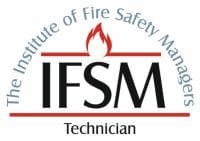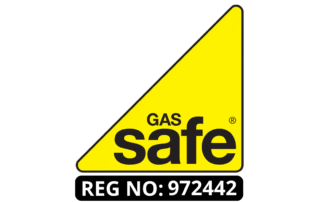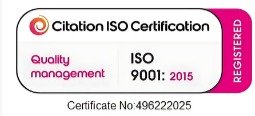
In 2025, understanding the Gas Safety Certificate cost is essential for UK landlords and homeowners. Prices can vary greatly based on factors such as property size and regional demand. Regular inspections not only guarantee compliance but also protect residents from possible risks. As the landscape of gas safety regulations evolves, property owners must navigate these shifts to maintain safety and value. What influences these costs, and how can owners effectively manage them?
Key Takeaways
- Gas safety certificate costs in the UK typically range from £60 to £120, influenced by property size and the number of gas appliances.
- Landlords must renew certificates annually for compliance, increasing overall costs compared to homeowners who may schedule inspections less frequently.
- The inspection fee covers a detailed assessment of gas appliances, with additional expenses for repairs identified during the inspection process.
- Comparing quotes from multiple registered gas engineers can help landlords and homeowners find better rates and save on inspection costs.
- Understanding specific regulatory compliance needs is integral for avoiding fines and ensuring safety in all property types, especially commercial spaces.
Why a Gas Safety Certificate Is Essential for Every Property
Although gas appliances can enhance comfort and convenience, ensuring their safety is fundamental for every property owner. A Gas Safety Certificate serves as a formal confirmation that all gas appliances and installations within a property meet safety standards. This certificate not only protects residents from potential hazards, such as gas leaks and carbon monoxide poisoning, but also provides peace of mind to property owners.
Regular inspections carried out by qualified engineers are essential in maintaining compliance with legal regulations, thereby safeguarding both tenants and landlords. In addition, possessing a valid Gas Safety Certificate can enhance property value and attract responsible tenants who prioritise safety.
Failure to obtain this certificate can lead to severe legal consequences, including hefty fines and liability for accidents. Ultimately, a Gas Safety Certificate is not merely a regulatory requirement; it is a vital element of responsible property management that promotes safety and trust.
Breaking Down the Gas Safety Certificate Cost in the UK
When considering the expenses associated with obtaining a Gas Safety Certificate in the UK, property owners must take into account various factors that influence the overall cost.
Typically, the Gas Safety Certificate cost can range from £60 to £120, depending on the size and condition of the property. Gas safety certificate costs may vary based on the location, as urban areas often have higher fees due to increased demand for services.
In addition to the certificate itself, property owners should consider potential costs for any necessary repairs or servicing of gas appliances that may be identified during the inspection.
It is also important to note that the frequency of inspections, usually required annually, can lead to ongoing costs for property owners.
Understanding these elements helps homeowners and landlords budget effectively, ensuring compliance with safety regulations while maintaining tenant safety.
Key Factors That Influence Gas Safety Certificate Cost
Several key factors can considerably influence the Gas Safety Certificate cost. Understanding these elements is essential for landlords and homeowners alike to plan their budgets effectively.
- Property Size: Larger properties typically require more extensive inspections, potentially increasing costs.
- Number of Appliances: Each gas appliance in a property must be checked, meaning more appliances can lead to higher fees.
- Location: Regional variations in service charges can also affect the overall price.
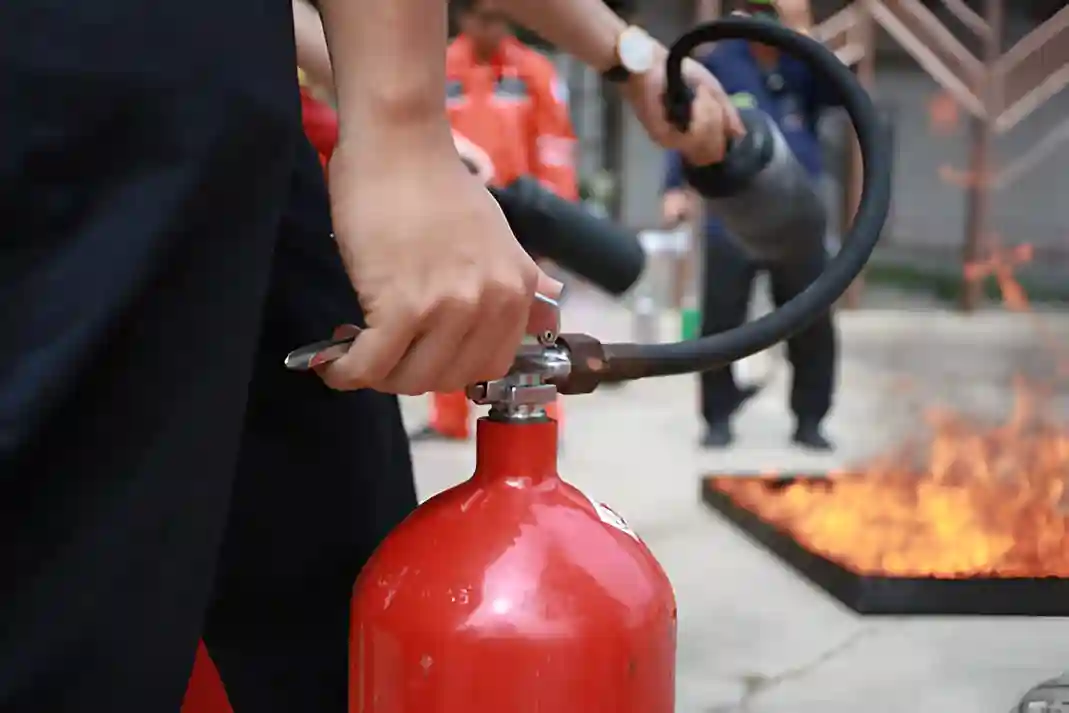
Comparing Gas Safety Certificate Costs: Landlord Certificates vs. Homeowner Checks
While both landlords and homeowners require gas safety checks, the Gas Safety Certificate cost can differ considerably between the two groups.
Landlords often face higher gas safety certificate costs due to specific legal obligations, including the requirement to renew certificates annually and guarantee compliance across multiple rental properties. This can necessitate regular inspections and administrative fees, which cumulatively raise their overall expenses.
In contrast, homeowners might only need certificates for certain situations, such as selling or remortgaging their property, leading to less frequent checks. The cost for homeowners can be lower, depending on the complexity of their gas systems and local service rates.
Additionally, homeowners may have more flexibility in choosing when and how often to schedule inspections, allowing for potential cost savings. Understanding these differences is essential for both parties in budgeting for gas safety compliance and maintenance.
Typical Price Range for Gas Safety Certificates in 2025
The Gas Safety Certificate cost in 2025 varies based on several factors, including the type of property and regional pricing differences. Homeowners and landlords can expect to pay between £60 to £120 for the certification, but prices may increase for larger properties or those requiring additional inspections.
Factors influencing the final cost include:
- The complexity of the gas systems present in the property.
- The region’s demand for certified gas engineers can fluctuate in pricing.
- Any additional services or repairs needed before certification.
Understanding these variables helps landlords and homeowners budget effectively for this essential safety measure.
Investing in a Gas Safety Certificate not only guarantees compliance with legal requirements but also promotes the well-being of occupants, fostering peace of mind in knowing their gas systems are safe and reliable.
What’s Actually Covered in the Gas Safety Certificate Cost?
When securing a Gas Safety Certificate, homeowners and landlords should be aware of what the cost encompasses. The fee typically covers a thorough inspection of all gas appliances, installations, and flues within the property. Qualified gas engineers assess each appliance to guarantee compliance with safety regulations, checking for issues like gas leaks, inadequate ventilation, and correct burner performance.
Additionally, the cost often includes the issuance of the certificate itself, which serves as proof that the property meets safety standards.
Landlords may also benefit from a detailed report outlining any faults found during the inspection, along with recommendations for repairs or improvements.
It is vital for property owners to understand that this certificate is not just a formality; it is necessary for the safety of tenants and compliance with legal obligations. Hence, the cost reflects the significance of maintaining a safe living environment.
How Often Do You Need to Renew a Gas Safety Certificate?
To guarantee the safety of tenants and compliance with legal requirements, gas safety certificates must be renewed annually.
This obligation guarantees that all gas appliances and installations are regularly inspected, thereby safeguarding the well-being of occupants.
Landlords and homeowners must be diligent in maintaining these certifications.
Failure to renew can lead to serious consequences, including legal penalties and increased risk of gas-related incidents.
- Securing a safe living environment for loved ones.
- Avoiding hefty fines and legal repercussions.
- Upholding a trustworthy reputation as a responsible landlord.
Smart Ways to Reduce Your Gas Safety Certificate Cost
While managing expenses, landlords and homeowners can explore several strategies to reduce the gas safety certificate cost. One effective approach is to compare prices from multiple registered gas engineers, as costs can vary greatly between providers.
Additionally, scheduling the gas safety check during off-peak seasons may lead to lower fees, as demand tends to decrease.
Another smart tactic is to bundle services; some engineers offer discounts for multiple services, such as combining gas safety checks with annual maintenance inspections.
Moreover, ensuring that all appliances are well-maintained and in good working order before the inspection can help avoid costly repairs or failures, which might increase the certificate cost.
Finally, being proactive about addressing minor issues can prevent them from escalating, ultimately leading to a more favourable cost outcome when obtaining the gas safety certificate.
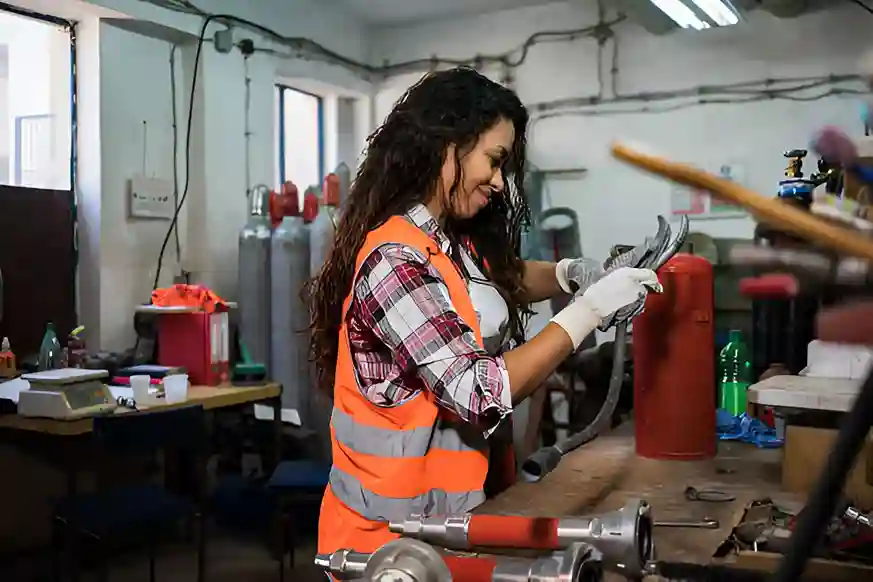
Can Annual Maintenance Lower Your Certificate Cost Over Time?
Annual maintenance plays a significant role in lowering the cost of obtaining a gas safety certificate over time. Regular servicing can prevent costly repairs and guarantee compliance with safety regulations.
By investing in annual maintenance, landlords and homeowners can create a safer environment, ultimately saving money in the long run.
- Peace of mind: Knowing that your gas appliances are regularly checked can alleviate safety concerns.
- Reduced emergency costs: Preventive maintenance can avoid the high costs associated with emergency repairs.
- Better long-term relationships: Tenants appreciate a well-maintained property, fostering trust and satisfaction.
Cost Differences Between Flats, Houses, and Commercial Space
The gas safety certificate cost can vary considerably depending on the type of property involved, as each category, flats, houses, and commercial spaces, has unique requirements and complexities.
Generally, flats tend to incur lower costs due to their smaller size and fewer appliances needing inspection. However, if a flat is part of a larger building, shared systems may complicate matters, potentially increasing expenses.
Houses typically require more extensive checks due to multiple gas appliances and greater square footage, leading to higher certification costs.
In contrast, commercial spaces often represent the highest costs. These properties may contain numerous gas installations and stricter regulatory demands, necessitating specialised expertise for compliance.
Landlords and homeowners should consider these factors when budgeting for gas safety certificates, as understanding the specific needs of their property type can lead to more accurate financial planning.
Frequently asked questions.
Conclusion
In summary, understanding the Gas Safety Certificate cost is essential for UK landlords and homeowners. By recognising the factors influencing prices and the importance of regular inspections, property owners can guarantee compliance and enhance safety. With costs typically ranging from £60 to £120, strategic planning and maintenance can further mitigate expenses. Ultimately, prioritising gas safety not only protects residents but also contributes to tenant satisfaction and the overall value of the property.
